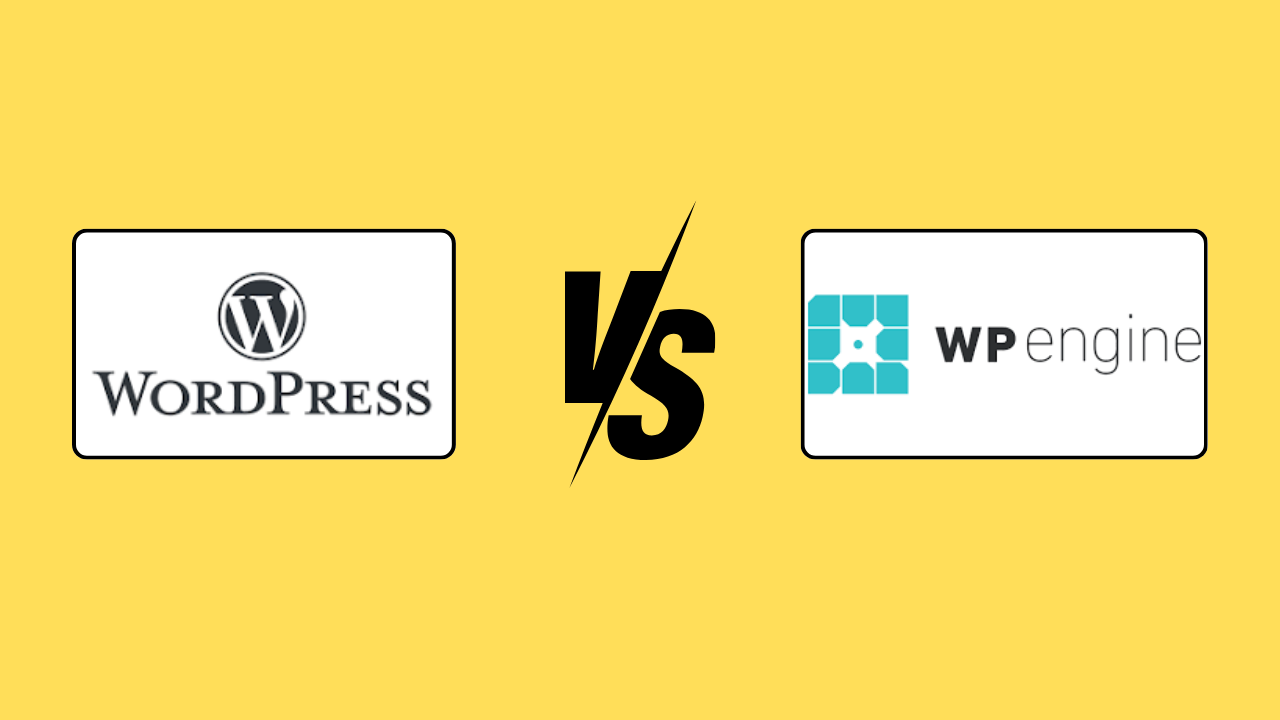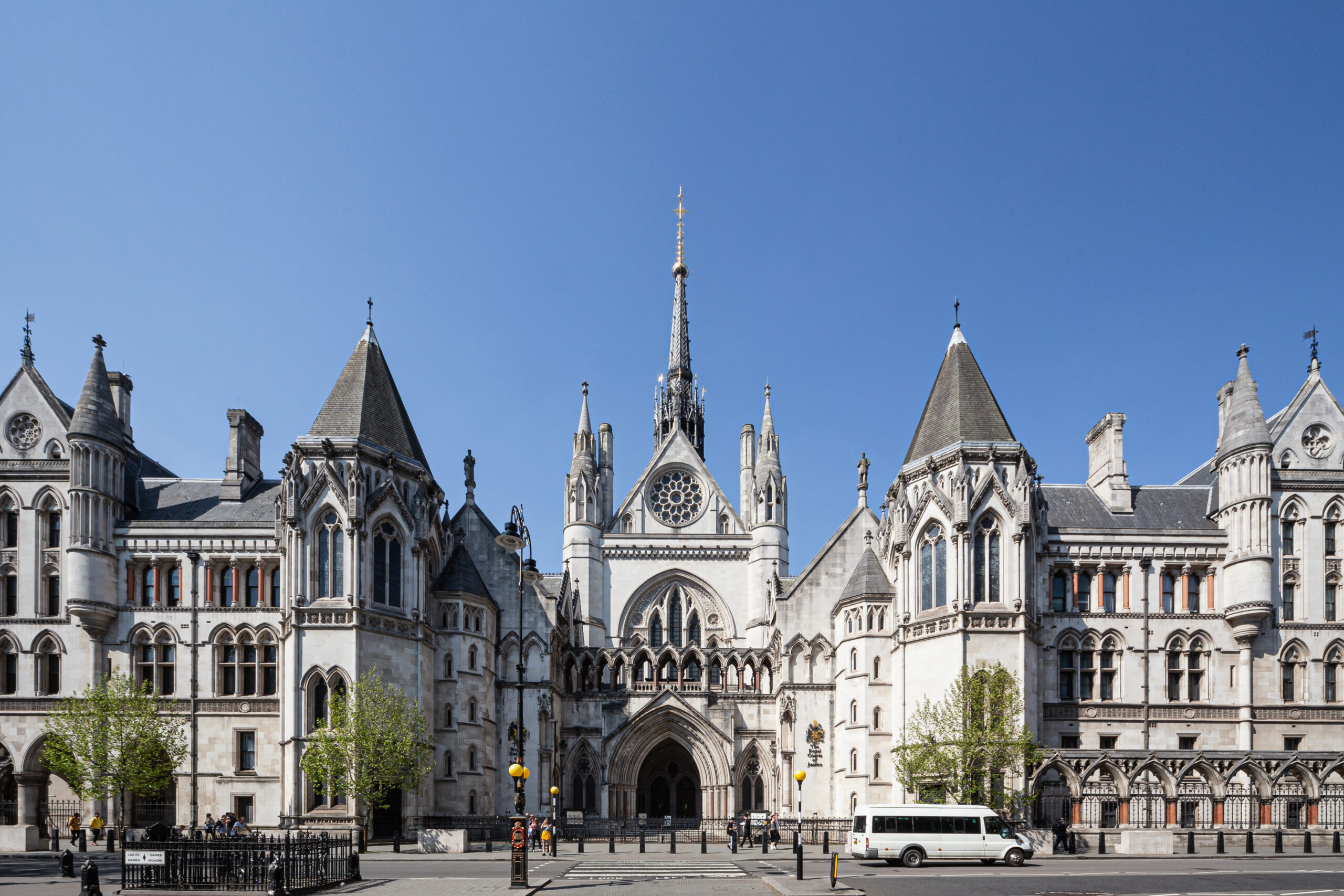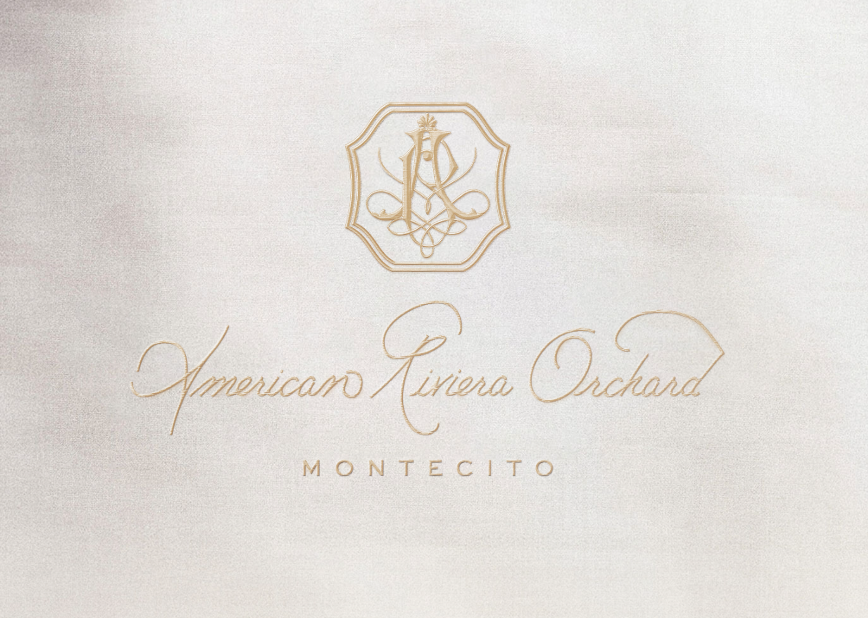A Battle Over Branding and Legal Rights –
If you’re in the web development community you’ll have been captivated recently by the ongoing trademark dispute between WordPress and WP Engine, a leading provider of managed WordPress hosting. The dispute revolves around unauthorised use of the WordPress trademark, leading to a high-stakes legal battle involving cease-and-desist letters, accusations of misconduct, and even a temporary ban of ‘WP Engine’ from accessing WordPress.org’s resources which must have created massive challenges for their customers and for them.
What’s at the core of this Trademark Dispute?
The controversy began when Automattic, the parent company behind WordPress, accused WP Engine of violating WordPress trademark guidelines. According to Automattic, WP Engine had been profiting from the WordPress name without a formal licensing agreement. WP Engine, which serves thousands of clients by hosting websites that use the WordPress platform, found itself at the heart of a growing legal conflict.
Automattic’s founder, Matt Mullenweg, voiced concerns that WP Engine’s actions eroded the integrity of the open-source WordPress ecosystem. Specifically, Mullenweg argued that WP Engine had not contributed enough to WordPress’s development to justify such extensive use of the WordPress name. This disagreement over fair use and contributions to the platform quickly escalated into a legal showdown.
WP Engine’s Counterattack: Filing a Lawsuit
In September 2024, WP Engine responded by filing a lawsuit against Automattic and Mullenweg, accusing them of extortion and abuse of power. WP Engine claimed that Mullenweg had demanded millions of dollars in exchange for continued access to the resources on WordPress.org. According to the lawsuit, Mullenweg threatened to launch a “scorched earth” campaign against WP Engine if the company did not comply, which would severely damage its business and reputation.
In its legal filing, WP Engine alleged that Mullenweg’s demands were not aimed at protecting the WordPress trademark but at monopolising it for financial gain. The lawsuit also claimed that Mullenweg had made false and disparaging remarks about WP Engine at industry events such as WordCamp US, further intensifying the conflict.
The Trademark Debate
At the heart of the dispute lies a fundamental question: who controls the WordPress trademark, and how should it be used?
Automattic has consistently maintained that the WordPress trademark should be protected from misuse, especially by companies seeking to profit from the name without contributing to the platform. This approach aligns with trademark opposition strategies used to prevent companies from using a brand in ways that could harm its integrity.
On the other hand, WP Engine argues that it has acted fairly by using the WordPress trademark to offer managed hosting services for WordPress-based websites.
This legal battle has prompted a broader discussion within the WordPress community about how trademarks are managed in open-source ecosystems. Should companies be allowed to use the WordPress name without contributing back to the platform? Or should stricter controls be in place to protect the integrity of the brand? The answers to these questions will likely set a precedent for how trademarks are handled in similar contexts.
Impact on WP Engine Users
While the legal teams at Automattic and WP Engine sparred in court, WP Engine’s customers found themselves caught in the middle. WordPress.org temporarily banned WP Engine from accessing its resources, preventing users from updating plugins, themes, and even the WordPress core itself. For many WP Engine customers, this led to security vulnerabilities, as outdated software is more susceptible to cyberattacks.
Although the ban was eventually lifted, the damage had been done. WP Engine’s reputation took a hit, and many users began questioning whether they should continue using the company’s services. The dispute also raised concerns about how future trademark battles might affect other hosting providers that rely on WordPress’s open-source framework.
A Trademark Battle with Broader Implications
The trademark dispute between WordPress and WP Engine has significant implications not just for the two companies involved but for the entire WordPress ecosystem. As more companies build their businesses around WordPress, the question of trademark ownership and usage becomes increasingly important. This case highlights the need for clear guidelines around trademark opposition and trademark monitoring & representation within open-source communities.
For now, the legal battle shows no signs of slowing down. WP Engine and Automattic have both dug in their heels, and the outcome of this case could reshape how trademarks are managed in the world of web development. Whether WP Engine’s lawsuit succeeds, or Automattic prevails in defending its trademark, this dispute will likely influence how companies approach branding and intellectual property in the future.
What’s Next?
The next few months will be critical in determining the outcome of this trademark war. As both sides prepare for court, the wider WordPress community is left to watch and wait. The final ruling in this case could set a precedent for how trademarks are handled within open-source ecosystems like WordPress. Additionally, it could lead to stricter guidelines for companies that want to use the WordPress name for commercial purposes.
For now, WP Engine customers and WordPress developers alike are closely monitoring the situation, eager to see how the courts will rule on this high-stakes lawsuit. With millions of users depending on the WordPress platform, the outcome of this dispute will have ripple effects throughout the entire web development industry.






